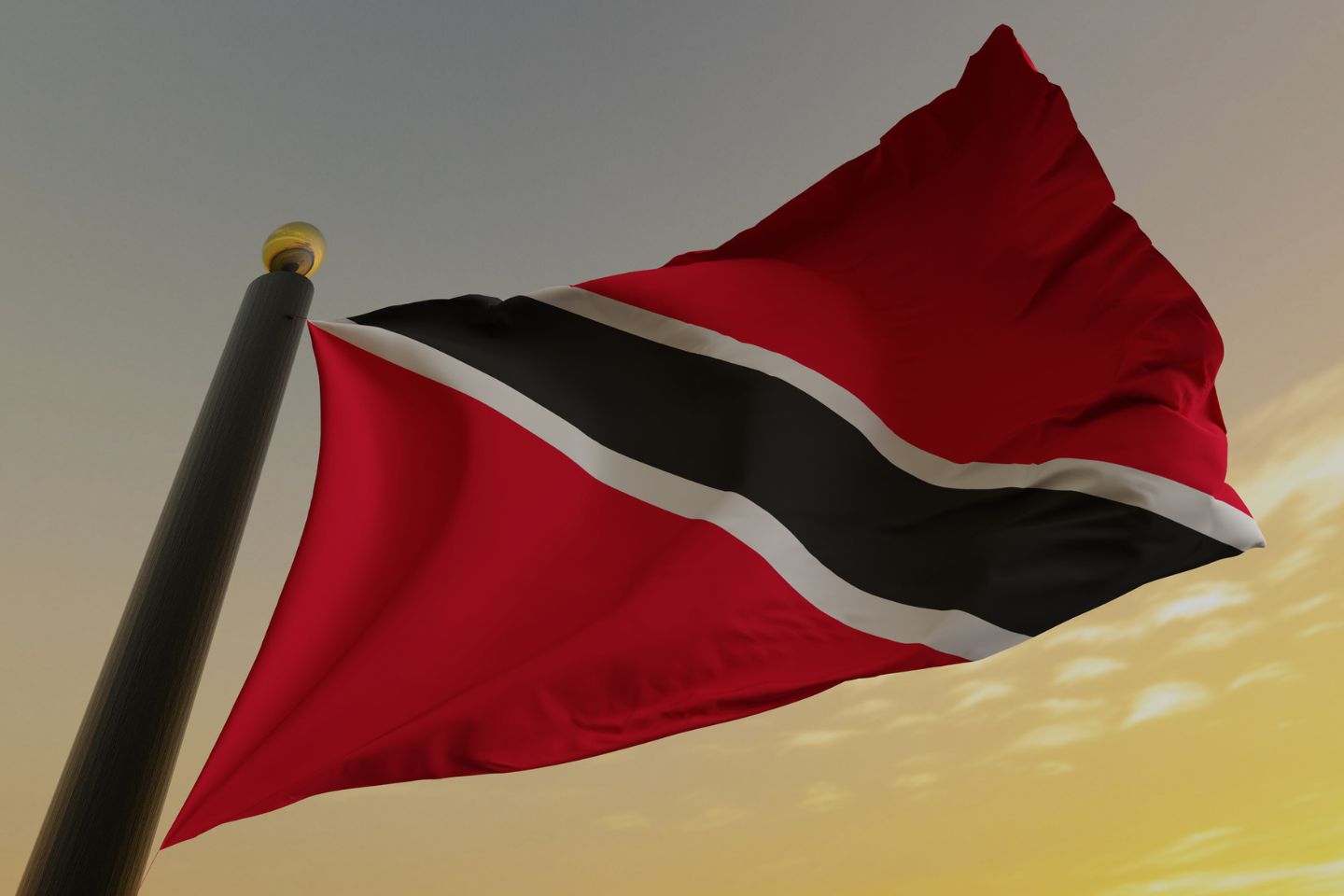Located off the mainland of South America, Trinidad is rich in at least two ways. It’s one of the wealthiest nations in the Caribbean due to its oil and gas reserves. It also has a rich history, from the days of the indigenous inhabitants to its conquest by various European nations.
Here are a few facts worth knowing about Trinidad and its sister island, Tobago.
Independence Day And Republic Day Are Separate Occasions
Trinidad and Tobago gained independence from Britain on August 31, 1962. According to Visit Trinidad, “Independence Day is celebrated with a military-style parade through the streets of Port-of-Spain.”
The nation became a republic on August 1, 1976. However, the holiday is celebrated on September 24, when the newly-formed Parliament convened for the first time.
Trinidad Was Named By An Italian Explorer
Like Jamaica, Trinidad was under Spanish dominion before British arrival. When Christopher Columbus arrived, he named it after the Holy Trinity.
The origins of the name Tobago are less clear. Some claim it’s of Amerindian origin, while others say it’s linked to the Spanish language. Earlier names that preceded European conquest include Urupaina and Aloubaéra.
Love Carnival? Thank Trinidad
Carnival and Carnival-style celebrations aren’t unique to Trinidad but the modern Carnival was born there. Experts trace the origins of Carnival to the 18th century when French settlers introduced their celebrations to Trinidad. They mingled with free Black Trinidadians, as well as Spanish and British settlers. What was once a European affair, became multi-ethnic, and set the tone for the present-day carnival.
Today, Carnival is a joyous event filled with music, colorful costumes, steel pan competitions, and more.
A Diverse Nation
Due to slavery, indentured servitude, and immigration, the ethnic makeup in Trinidad and Tobago is mixed. Locals are of African, Indian, Chinese, and European descent. This cultural diversity is reflected in the national holidays. Emancipation Day honors the day enslaved Africans were set free, while Diwali is popular with Trinidadians of Indian descent.
Don’t Sleep on Tobago
Tobago may be smaller, but it has a lot of heart. Englishman’s Bay, Mount Irvine Bay, and No Man’s Land (only accessible by boat) are stunning stretches of sand. The Tobago Jazz Experience, Tobago Carnival, and the Tobago Heritage Festival allow locals to showcase their talent and pride.
